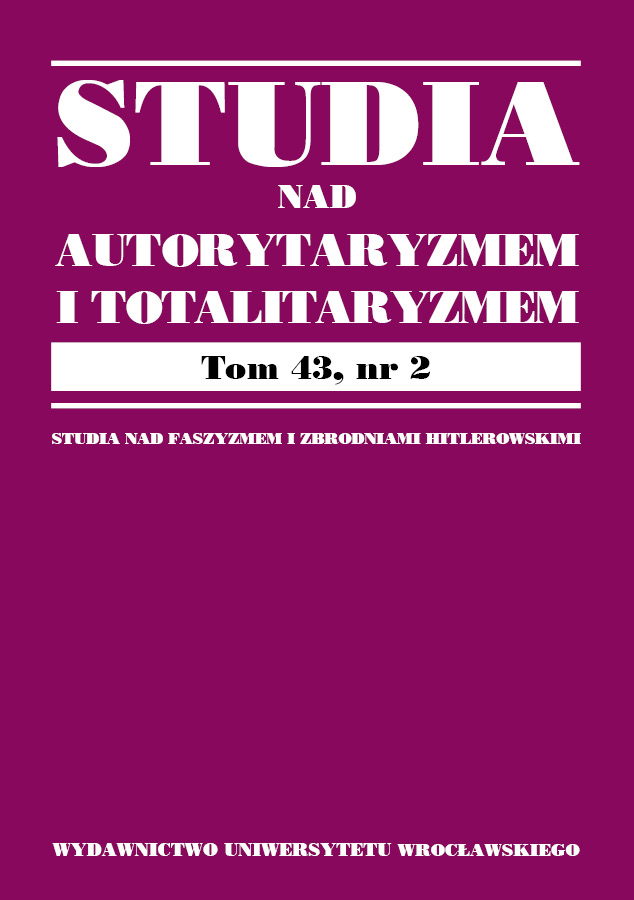

Articles

The article illustrates that property rights, including in particular property and the relationship between property rights and the category of freedom in the nineteenth-century Russian Empire, was one of the most important areas of scientific activity of Richard Pipes. For centuries, both the institution of freedom and property were highly politicised. Based on Richard Pipes’ findings, it can be concluded that the relationship between ownership and freedom manifested itself in the feature of relativity or ambivalence, depending on the time and individual parts of the Russian Empire. In the 19th century, the former mainly influenced the development of the monetary economy, while the latter strengthened the idea of samoderzhavyie in the political system. Richard Pipes noticed the sources of the antinomy between the idea of freedom and property in nineteenth-century Russia in the dynamically developing economic life and the “stillness” of the autocratic political power system. Following this concept, the article presents the doubts appearing among the St Petersburg ruling elite as well as provincial officials related to establishing the personal freedom of peasants in Russia, which finally took place in 1861. The system of tsarist autocracy in Russia, which was developing throughout history, noticed significant links between property and freedom. A good example of this process was the confiscation of land property. In this regard, the article mentions political premises, the impact of the phenomenon of “paradox and tragedy,ˮ as well as the socio-economic calculations carried out in the field of confiscating private property in the western governorates of the Russian Empire, after the January Uprising of 1863.